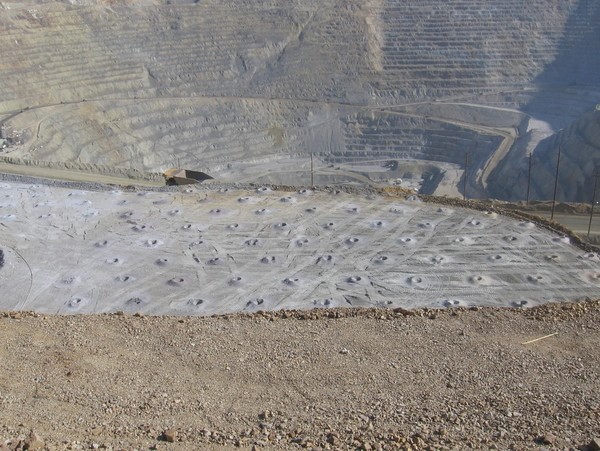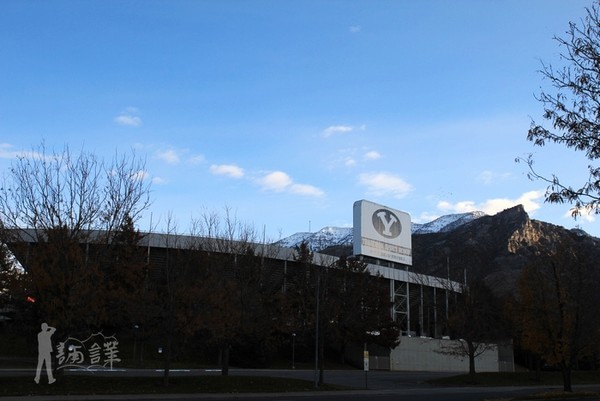
cave spring
景点介绍
景点印象
603triciam
This hike in the Needles District of Canyonlands is a short jaunt, but it has some fun stuff to see. I am a big fan of pictographs, so I am always excited to head out and see some new ones - this trail does not disappoint! The history major in me also enjoyed the opportunity to check out the old cowboy campground along this trail - well-kept, looks like someone will be back to use it at any moment. As others have mentioned, there is the opportunity to climb some ladders and reach a lovely 360-degree view of the area. There's no reason to skip this trail unless you are super pressed for time!
dsgilber
This was a surprisingly fun hike. The Cowboy camp is still there; you can almost smell the coffee on the fire. But the cave (more an overhead ledge of rock) goes on for while. If you keep walking you see pictrographs of figures by spring and a bunch of colored hand prints. There are also several metates dug into the rock. Then the hike takes you up several ladders into the rocks then winds back to the start. Great hike for kids. Take your time in caves and check everything out.
cestovatel25
We really enjoyed this short hike in the Needles district of Canyonlands. It took us about 30 mins to complete the hike (round trip) You have to climb 2 ladders and it goes through pretty rough terrain, so do wear hiking boots. Along the hike you will see an old cowboy camp, which we really enjoyed seeing.
965saraj
This nice short hike in The Needles district was our favorite out of the park (we visited Island in the Sky and The Needles Districts). On it, you can see a cowboy camp, a spring, several seeps, and a fair amount of petroglyphs. There are two short ladders to climb. As long as you can do that and keep your footing on the Moab sliprock at the top, the hike will be well worth it. Bring water (the park recommends 4 liters per person per day - about a gallon). This trail has plenty of overhangs at the beginning and middle before you make the climb, which are good cooling off points and there's a part in the trail where the rock that goes pretty far back like a mini-cave of sorts. It's so cool, it feels like air conditioning when you step around the bend and inside.
GwenP
My husband, ten year old daughter and I did this hike as our last hike of the day. We were looking for something short and not too difficult and this fit the tee perfectly.The trail starts out showing where cowboys used to stay when bringing their cattle through the canyon. You then come upon a couple caves where petroglyphs are found on the walls before climbing a ladder to the upper-level cliffs. The ladder isn't difficult and can certainly be done by anyone who's in average condition. I did have a bit of a problem once you got to the top of the ladder. You had to squeeze your way around a rock overhang and sort of jump a crack in the rock at the same time. This was a bit tricky and concerned me for anyone doing this trail with small children. On the flip side, kids tend to have little fear where us older folks see danger everywhere so perhaps it wouldn't be that big of an issue. I think it's more a mental thing than a physical thing.Once you're up on top of the overhead cliff, you have to follow the easy to see cairns where they take you around to the beginning of the trail again. This is a great trail for all ages. If you're looking for a nice short hike that has a lot of bang for the buck, I don't think you can find a nicer trail than this. From start to finish, it took us a little over a half hour.
Maestro2471
Love this trail. The view at the top after going up two short ladders is amazing!!! You will get a 360 degree view once you're on top. Just simply amazing!!!
99_Ohio_Traveler
Enjoyed the short hikes to Pothole Point to see needles, as well as Cave Spring which has a couple short ladders. We started and gave up on trail starting at Elephant Hill because the trail wasn't marked well enough. The Needles section of park isn't a good place to visit if you don't want to hike.
Fishscales44
The Ranger at the Visitor Center suggested that we hike here while visiting the Needles District of Canyonlands. We're glad that we took her advice. While the trail isn't all that challenging, there are two ladders near the end of the hike that you should be aware of - they aren't scary, but if you have a hard time getting around, you should know that they're there. There is a corral tucked into a shallow cave which is a leftover for the past and a couple of pictographs on a wall that are pretty cool. The spring-in-the-cave is more of a puddle (maybe because it was November) and should not be the topic of conversation when you get back to the car. All the rest of the hike - mentioned above - is what make this hike a "must do". This is also a place where you should bring plenty of water. We used all of ours in November and I can't imaging what the heat is like in summer.
Austria01
Weginformation:Länge: 1 km Höhendifferenz: 50 m Dauer: 30 bis 45 MinutenSchwierigkeitsgrad: leicht (zwei kurze Leitern müssen hochgeklettert werden)Auf diesem Rundweg kommt man an einem Cowboy-Camp, an einer Quelle unter Felsen, an Felszeichnungen der Indianer und an „Potholes“ vorbei. Der Trailhead liegt im Needles District des Canyonlands NP, wobei man kurz nach dem Needles Visitor Center links abbiegt und an einer Kreuzung wiederum links auf die Schotterstraße abbiegt. Die Zufahrt ist gut gekennzeichnet. Am Parkplatz findet man eine Tafel mit wichtigen Informationen. Am besten ist es, man geht den Rundweg im Uhrzeigersinn. Vor über 100 Jahren verdienten die meisten Farmer mit Wilden Westen mit der Rinder- und Schafszucht ihren Lebensunterhalt. Damals gab es keine Gesetze oder Regelungen für Weiderechte. Die Züchter waren immer auf der Suche nach saftigen Weidegründen. So kamen die ersten weißen Siedler um 1890 in das Gebiet des heutigen Canyonlands Nationalparks. Zu jener Zeit war diese Gegend einsam und verlassen. So zogen die Cowboys mit ihren Herden oft monatelang durch dieses wilde Land und errichteten immer wieder Camps, wo sie mehrere Tage oder Wochen verbrachten. Eines dieser Camps sieht man kurz nach dem Beginn des Rundwegs unter einem großen Felsvorsprung. Das Cave Spring Camp ist noch weitgehend intakt und es bietet einen faszinierenden Einblick in das entbehrungsreiche Leben der Cowboys, die dieses Lager zu Beginn der 1900-er Jahre errichteten. Man sieht eine „Open-Air-Küche“ mit einem einfachen Ofen, ein paar Holztische und Stühle, Truhen und Kochgeräte, wie z.B. Pfannen und Töpfe. Außerdem entdeckt man Behälter zum Aufbewahren von Kaffee, Keksen, Reis, Bohnen und Dörrfleisch. Die Cowboys waren damals schon erfinderisch - sie steckten die Tischbeine in leere Konservendosen, um so das Hochklettern der Mäuse zu verhindern. Neben der Küche schliefen die Cowboys in kleinen Nischen.Im Hintergrund des Felsüberhangs entspringt eine kleine Quelle, die bei unserem Besuch viele Moskitos anzog. Auf der rußgeschwärzten Decke sieht man Handabdrücke und Piktogramme von Indianern, die hier lange vor der Ankunft des weißen Mannes lebten und diese Höhle als Lagerplatz und Schutz vor Sonne und Regen nutzten. Über zwei Leitern aus Holz gelangt der Besucher schließlich auf das Slickstock-Plateau mit dem blankgeschliffenen Sandstein. Von hier bietet sich eine herrliche Rundumsicht auf „The Needles“ mit ihren Spitzen und Türmen, auf die „North-„ und „South-Six-Shooter-Peaks“ und die LaSal-Berge. Doch auch auf dem Boden gibt es etwas zu sehen, sogenannte „Potholes“, ausgetrocknete Becken im Fels, in denen trotz der Hitze und Trockenheit Leben schlummert. Kaum regnet es, erwacht in diesen oft nur wenige Zentimeter tiefen Bassins Leben – aus Eiern schlüpfen kleine Kaulquappen, Shrimps (Tadpole- und Fairy Shrimps), aber auch Insektenlarven, wie z.B. von Moskitos oder Käfern. Überlebenskünstler sind winzig kleine Schnecken, die auch ausgewachsen bis zu einer Bodentemperatur von 76 Grad Celsius die Trockenheit überdauern. In den Becken sammeln sich durch Wind und Regenwasser Sedimente und organische Stoffe, die als Lebensgrundlage dienen. Kurz vor dem Parkplatz führt der Weg wieder vom Plateau herab. Die Besucher werden gebeten, nicht die Wege zu verlassen oder in Potholes zu treten. Das Ökosystem ist sehr empfindlich, insbesondere die dünne Erdkruste, die aus Cyanobakterien gebildet wird. Diese Wanderung ist einmalig. Wo sonst findet man noch ein intaktes Cowboy-Camp und hat so einen schönen Blick auf „The Needles“?





